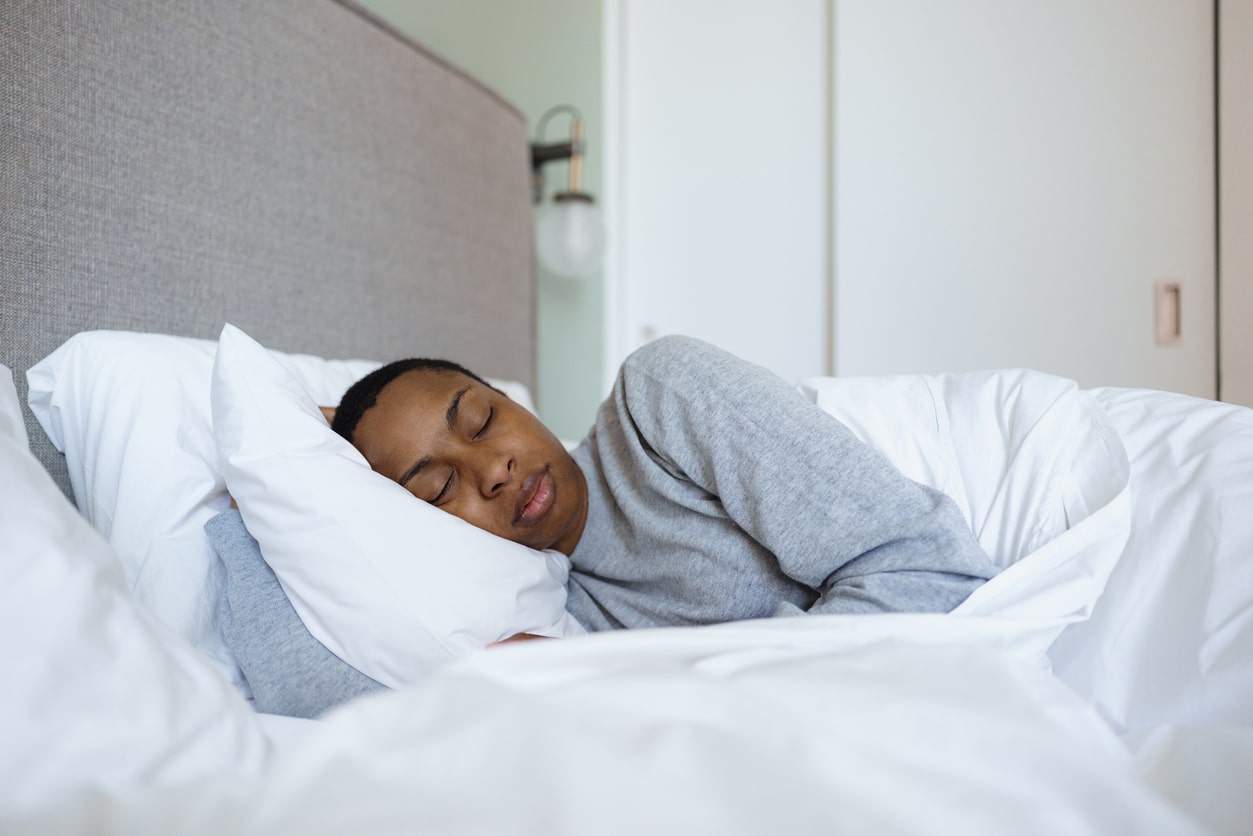The average adult needs seven or more hours of sleep a night. Unfortunately, not all sleep is created equal. For people with obstructive sleep apnea (OSA), their seven hours are characterized by repeated pauses in breathing. Even though they might not fully wake up, those pauses lead to fragmented, low-quality sleep and daytime exhaustion.
Sleep specialists employ several different methods to treat sleep apnea. The most well-known is a continuous positive airway pressure (CPAP) machine, but there’s another effective option: an Inspire implant. The implant consists of two devices, one placed under the collarbone and the other under the jawline. Once implanted and activated, they stimulate the nerves that control the throat muscles to keep the airway open during sleep.
Let’s look at a few eligibility requirements to see if you qualify for an Inspire implant.
You’re 18 or Older

The FDA has recently changed the minimum age approval for Inspire therapy from 22 to 18 years old.
You Have Moderate To Severe Obstructive Sleep Apnea
Sleep specialists use the apnea/hypopnea index (AHI) to categorize the severity of your sleep apnea. The AHI measures the average number of times you stop breathing or experience decreased airflow each hour. There are three categories:
- Mild sleep apnea: 5-14 events an hour
- Moderate sleep apnea: 15–29 events an hour
- Severe sleep apnea: 30+ events an hour
Your specialist will determine the severity of your apnea after you complete an at-home or in-lab sleep study. Patients with mild sleep apnea typically will not qualify for an Inspire implant.
You Didn’t Find Relief From a CPAP
Some people either don’t tolerate CPAP or don’t receive enough benefit from the treatment. A few instances where your sleep specialist may recommend an Inspire implant include:
- You find the CPAP mask uncomfortable
- You remove the CPAP mask while you sleep
- You can’t tolerate the pressure
- The noise from the CPAP machine keeps you awake
Exceptions for Children With Down Syndrome
There are approximately 6,000 babies born with Down syndrome each year, of whom about 53-76% will have OSA. Down syndrome causes smaller breathing pathways, a larger tongue and lower muscle tone, resulting in an increased risk of OSA.
Some children with Down syndrome find enough relief from CPAP machines, but many can’t tolerate the mask due to sensitivity challenges. Because of these factors, children with Down syndrome have slightly different eligibility requirements.
To qualify for the implant, children with Down syndrome must be at least 13 years old, have severe OSA, be unable to tolerate a CPAP machine and have not found relief from an adenotonsillectomy (removal of the adenoids and tonsils).
Schedule Your Consultation Today
If you meet the above eligibility requirements, contact Collin County ENT today to discuss Inspire as an alternative treatment for sleep apnea.